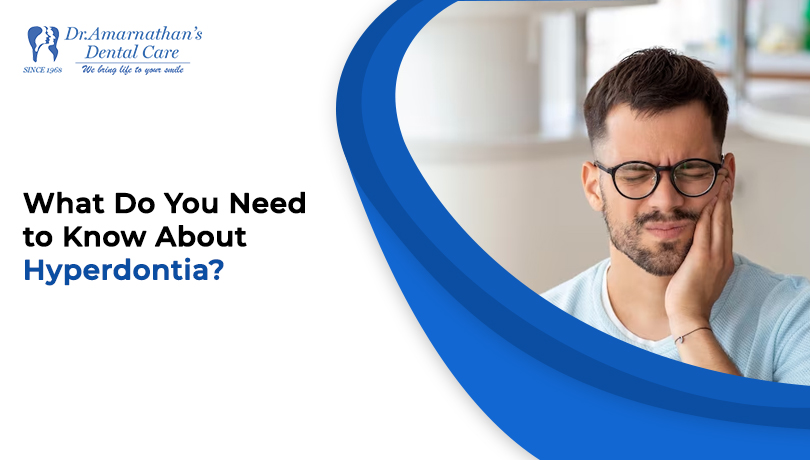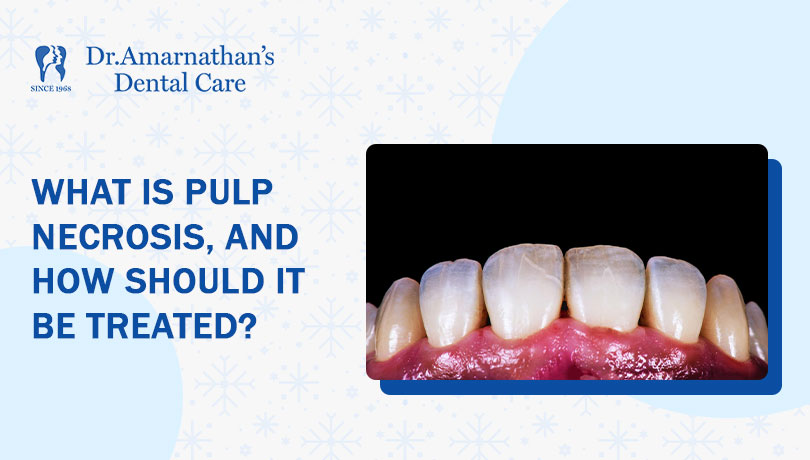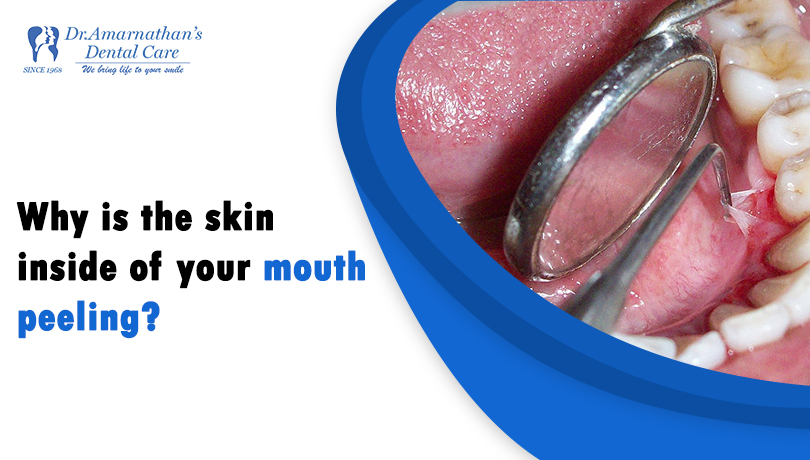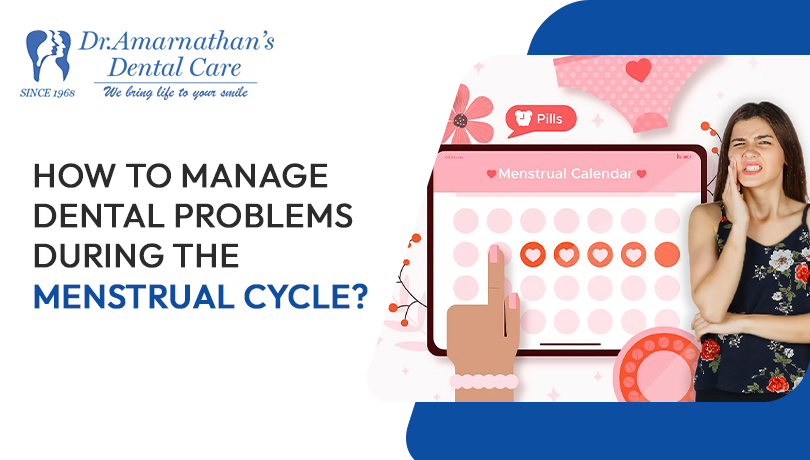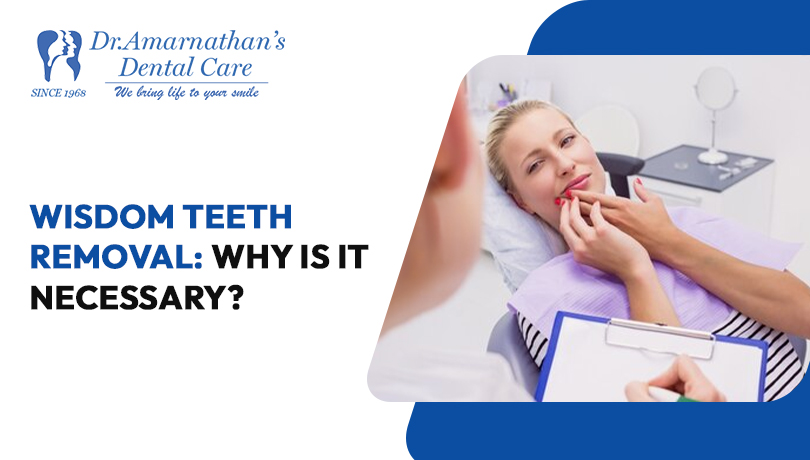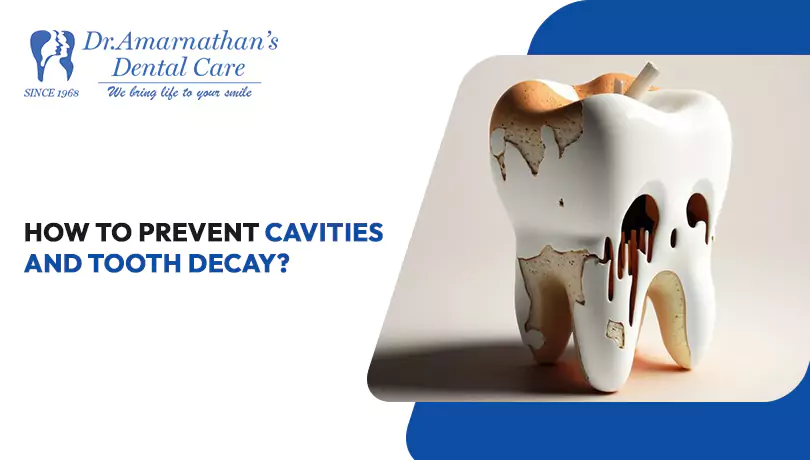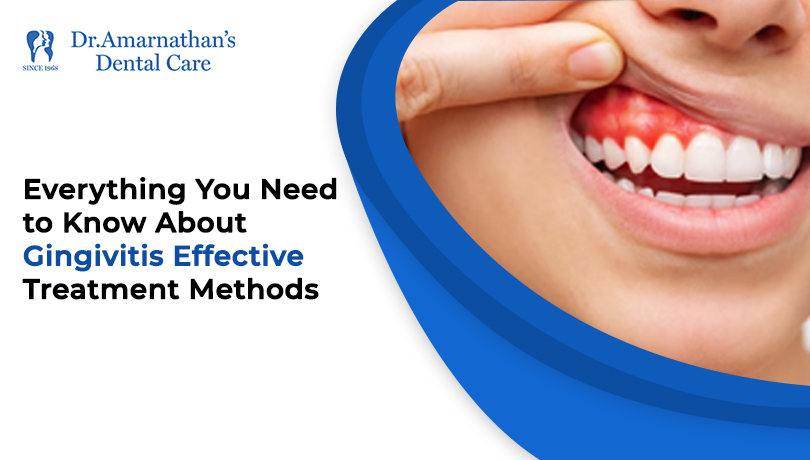
Everything You Need to Know About Gingivitis Effective Treatment Methods
Gingivitis is a gum problem that can happen to adults, pregnant women, and kids. There are different ways to treat it, like simple treatments or surgeries, depending on how bad it is. But if you don’t get treatment in time, it can get worse and lead to even bigger gum problems such as periodontitis. So, it’s really important to see a specialist quickly and do what they say to fix your gum problems.
Causes of gingivitis
Gingivitis usually happens because people don’t clean their mouths and teeth properly. This leads to buildup of plaque which eventually harden to form dental calculus, on and under the gums that invites bacteria to stay. When these bad bacteria start to take over, it causes an infection and makes your gums swell and hurt.
Gingivitis can also occur due to:
- reduced immune defense;
- pathologies of jaw closure ;
- caries above the gum;
- hormonal imbalance;
- pregnancy;
- lack of vitamins;
- infections;
- smoking;
- diabetes.
Doctors believe that gingivitis rarely develops on its own, so they prescribe complex treatments for adults. In many cases, having other health problems or not taking good care of your mouth can cause gingivitis to happen.
Symptoms of gingivitis
Gingivitis can happen for different reasons, and the way it develops can vary. But there are some signs that show there’s inflammation in your gums:
- redness;
- bleeding;
- pain when brushing and eating;
- bad breath;
- sores in the gum tissue;
- Sensitivity to hot or cold foods and drinks.
In addition to these signs, you might notice:
- swollen lymph nodes in your neck or under your chin;
- slight fever;
- Trouble swallowing saliva or food.
Gingivitis can look a lot like another gum problem called periodontitis. So, it’s really important to see a specialist as soon as you can to figure out what’s going on and get the right treatment. The way gingivitis shows up can be different depending on how bad it is, and each level of severity affects the gums in a unique way.
Diagnosis of gingivitis
A specialist can usually spot gingivitis just by looking at your gums, but they also need to check for any related issues. So, apart from the visual examination, they will:
- Ask you about any problems or pain you’re having and check your jaw and bite.
- Use a special tool to measure any pockets or gaps between your gums and teeth.
- Check if your teeth are loose.
- Test how your tooth pulp reacts.
- Take X-rays or other detailed images as needed.
It’s important for the dentist to know if you have any other health issues or take any medications. This helps them get the full picture of your condition and create the right treatment plan for your gingivitis.
Treatment of gingivitis
Gingivitis can be treated in different ways. One common treatment is professional oral hygiene, which involves using special tools and pastes to remove soft plaque. If there’s hardened plaque called tartar, we will use an ultrasound scaler to clean it off. After cleaning, your dentist will polish your teeth with soft brushes and use antiseptic solutions on your gums. If your teeth are sensitive or the enamel is at risk, the dentist might also do demineralization therapy.
Medicines to treat gingivitis
When treating gingivitis, different medications can be used based on the stage of the condition and the patient’s overall health. These may include:
NSAIDs: These help reduce inflammation, ease pain, and lower fever.
Antiseptics for mouth rinsing: They disinfect the mouth and get rid of harmful bacteria.
Vitamin supplements: These provide essential nutrients to strengthen the immune system.
Antibiotics: If there’s pus in the pockets below the gums, antibiotics can be prescribed to help the body fight off the harmful microorganisms and prevent complications.
It’s important to note that these medications should only be prescribed by the dentist, who will determine the right dosage and treatment duration. Getting rid of complications and treating gingivitis with medications is generally more effective in adults. For a lasting improvement, it’s essential to undergo comprehensive dental treatment, addressing any cavities or infected teeth that can be a source of infection in the mouth.
Surgery for gingivitis
In cases of severe gingivitis that doesn’t respond to non-surgical treatments, surgery may be necessary. Modern dentistry offers effective surgical procedures to address gingivitis, including:
- Gingivectomy: This surgery removes pockets and excess gum tissue.
- Curettage: This involves scraping away the affected tissue from underneath the gums using specialized tools.
- Gingivotomy: It’s a procedure where the gum pocket is opened, and curettage is performed.
Surgery is often needed for more severe forms of gingivitis, such as necrotizing gingivitis, which requires the removal of the affected tissue. After the surgical procedure, the dentist may prescribe antibiotics, and they will provide guidelines for maintaining good oral hygiene during the recovery period.
Treatment of gingivitis in children
Gingivitis in children is often due to not taking good care of their teeth. When treating gingivitis in kids, specialized pediatric dentists create tailored treatment plans. These may include:
- Cleaning the teeth and gums with ultrasonic tools;
- Using NSAIDs (anti-inflammatory drugs) and antibiotics when needed;
- Applying special gels to the gums;
- Rinsing the mouth with antiseptic solutions;
- Providing vitamin supplements.
Medications should always be prescribed by a doctor, considering the child’s age and the type of gingivitis they have. If the gingivitis is in an ulcerative-necrotic form, treatment may involve removing the dead gum tissue and cauterizing the affected areas.
Treatment of gingivitis during pregnancy
The chances of getting gingivitis during pregnancy is quite high because hormonal changes and mineral metabolism disruptions can trigger it. If a pregnant woman has gingivitis, treatment should only be carried out after consulting a dentist. The treatment typically includes professional mouth cleaning, using mouth rinses, taking vitamin supplements, and making dietary adjustments. The treatment for gingivitis in pregnant women is generally similar to what’s done for regular adult patients, with one key difference: antibiotics are usually avoided, as they are not recommended during pregnancy.
Preventive actions
Preventing gingivitis primarily revolves around maintaining a high standard of oral hygiene. Regular brushing, flossing, and tongue scraping are essential practices. Additionally, using suitable toothbrushes and toothpaste, along with rinsing after meals, can aid in prevention. Patients with chronic gingival inflammation should consider regular antiseptic mouth rinses.
Routine dental check-ups, approximately every six months, can help identify and address any early signs of gingivitis, allowing for the removal of plaque and mineral deposits. Treating further complications that contribute to inflammation can also minimize the risk of developing gingivitis.



